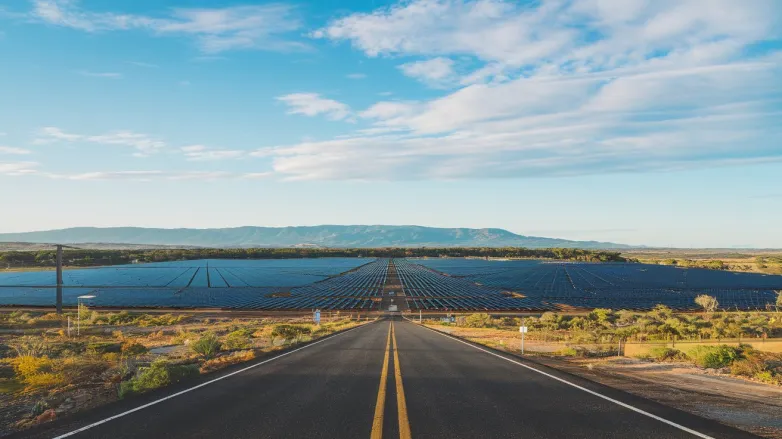DSD Renewables Secures $238 Million For 233-MW US Solar Portfolio
- DSD Renewables lands $238 million from First Citizens, Nomura and MUFG to deploy 233 MW of distributed solar plus storage across 12 US states and DC.

DSD Renewables has closed a $238 million financing package that will accelerate the build-out of nearly 200 distributed-generation solar assets across a dozen US states and the District of Columbia. The deal, announced by First Citizens Bank on 30 July, underwrites 188 installations with a combined capacity of 233 MW, three of which also integrate battery storage.
First Citizens Bank’s Energy Finance unit served as co-lead arranger and administrative agent, working alongside Nomura Securities and Mitsubishi UFJ Financial Group (MUFG). By syndicating the debt, the lenders spread risk while giving DSD the liquidity it needs to move multiple projects from late-stage development to commercial operation without delay.
The portfolio spans commercial, industrial and municipal rooftops, carport canopies and ground-mount arrays—an approach DSD says helps customers hedge utility rates while making productive use of under-leveraged real estate. Distributed projects are typically sized in the hundreds of kilowatts to single-digit megawatts, so aggregating them into a 233-MW tranche unlocks financing terms more akin to utility-scale solar.
DSD, headquartered in Schenectady, New York, develops, owns and operates solar-plus-storage and EV-charging solutions nationwide. The fresh capital complements recent tax-equity rounds the company has raised under the Inflation Reduction Act’s expanded clean-energy incentives, giving it a flexible war chest to pursue additional behind-the-meter and community-solar opportunities.
First Citizens’ participation underscores the growing appetite among mainstream lenders for portfolios that mix solar generation with battery energy storage systems (BESS). While only three of the financed projects currently include batteries, DSD indicated the structure allows for future retrofits as economics improve. Storage can earn revenue by shifting midday solar output into peak-demand windows or by providing grid-stabilising ancillary services—capabilities that enhance debt service coverage ratios
In a statement, DSD executives said the deal keeps the company on track to meet “aggressive growth targets” and helps clients decarbonise operations without capital outlays of their own. Construction is expected to ramp up in the second half of 2025, with the majority of projects online before the 2026 summer peak.
Also read

